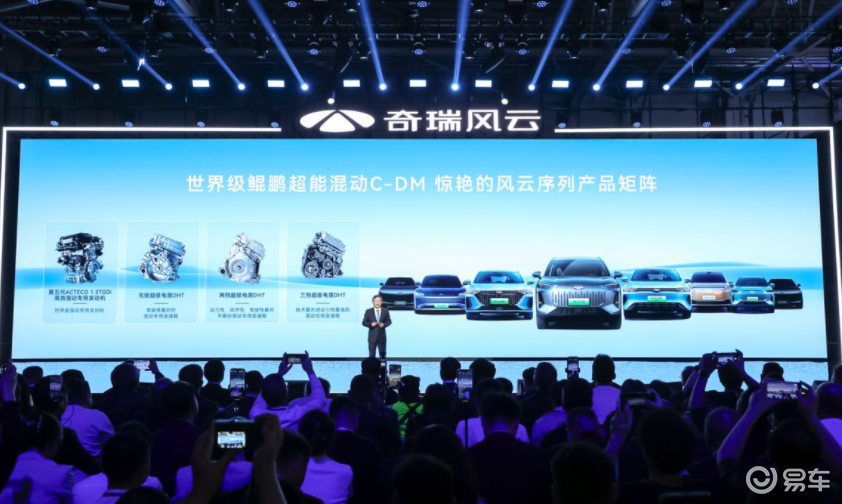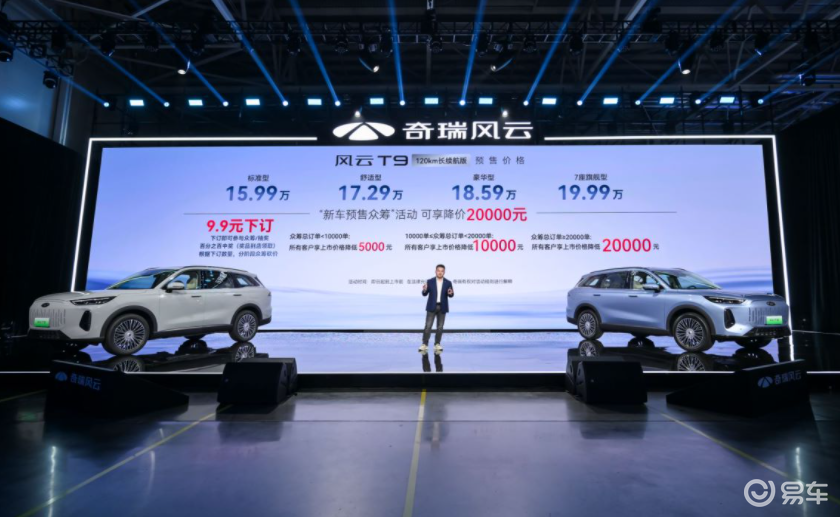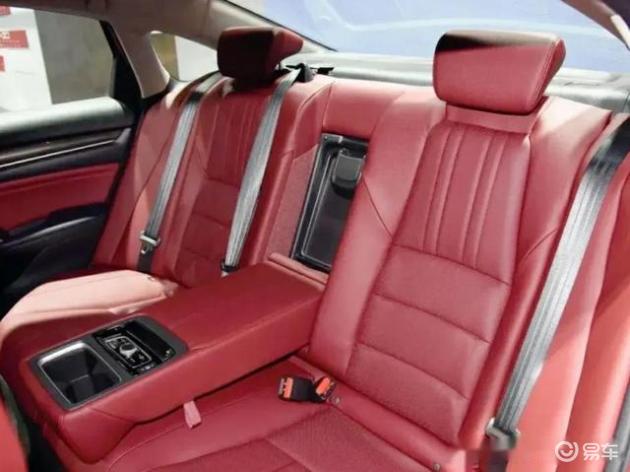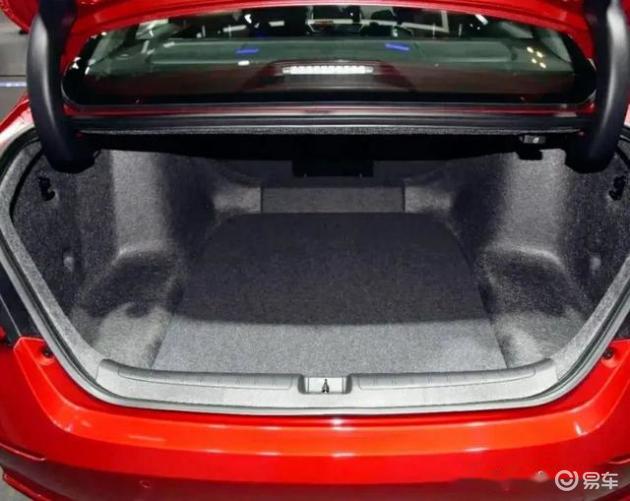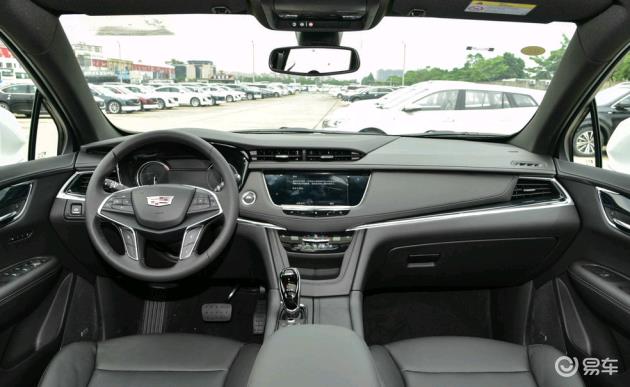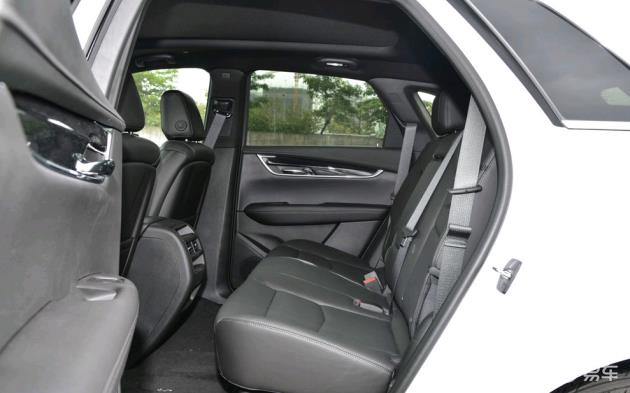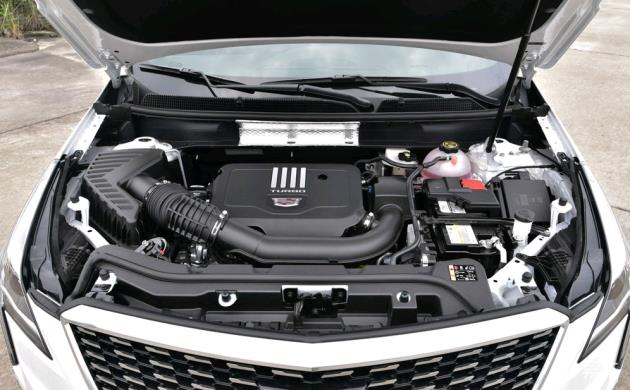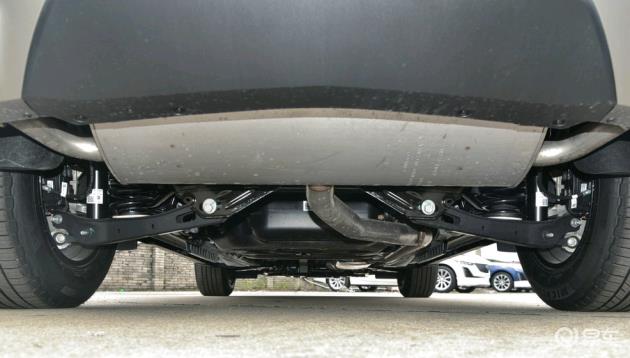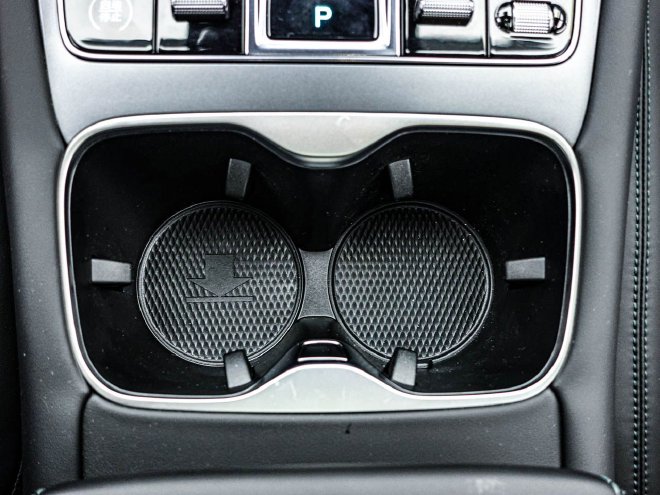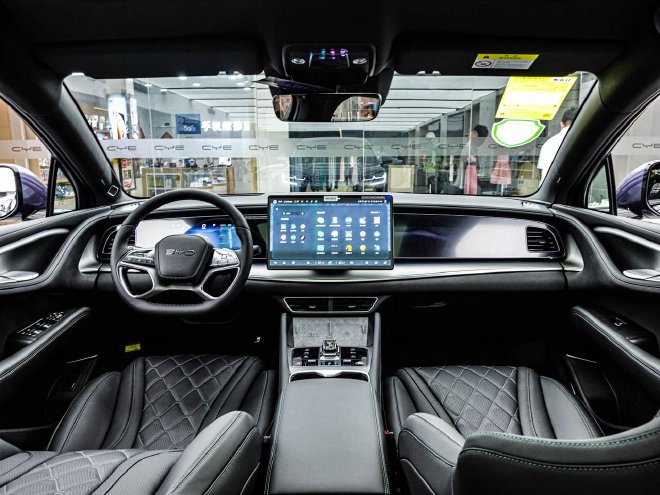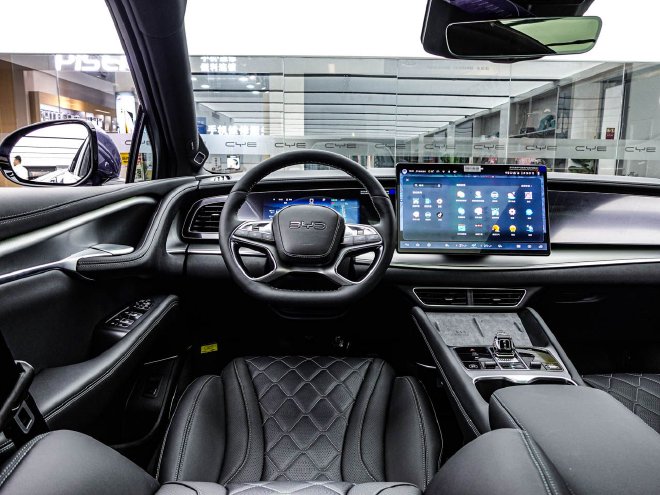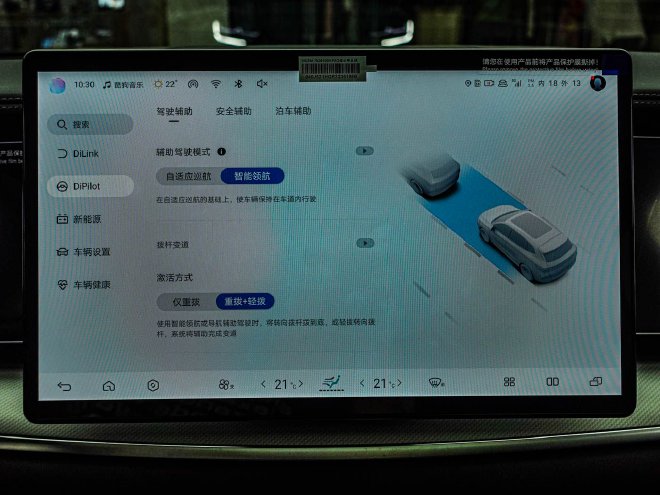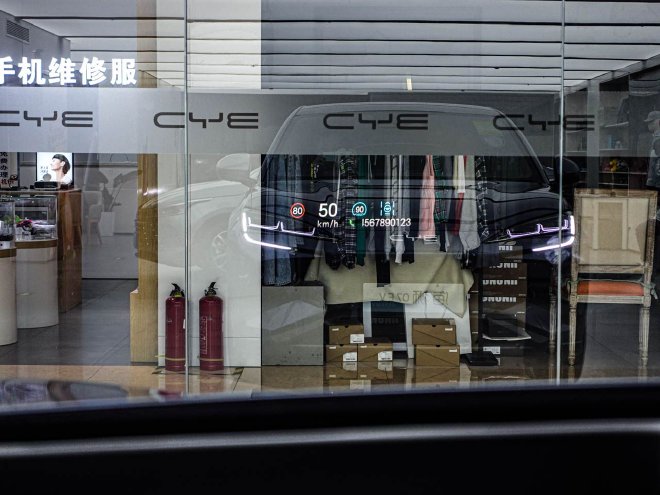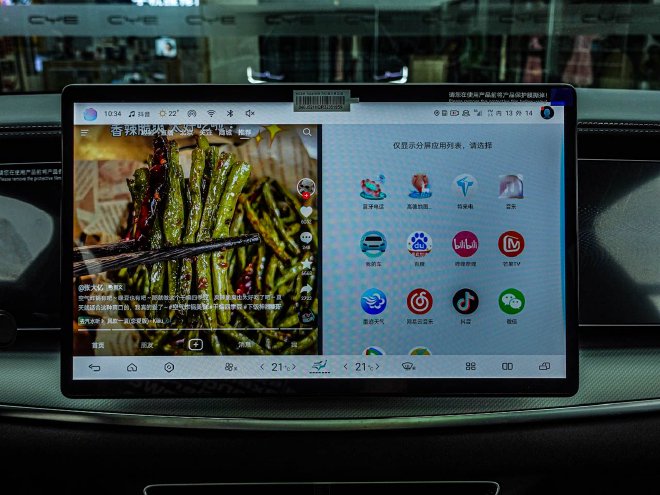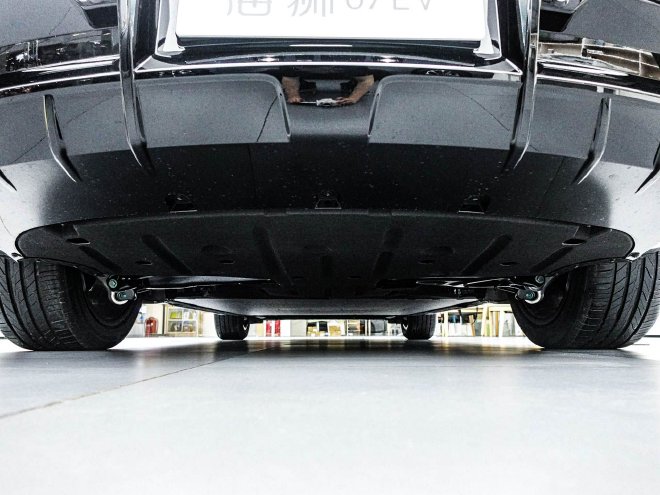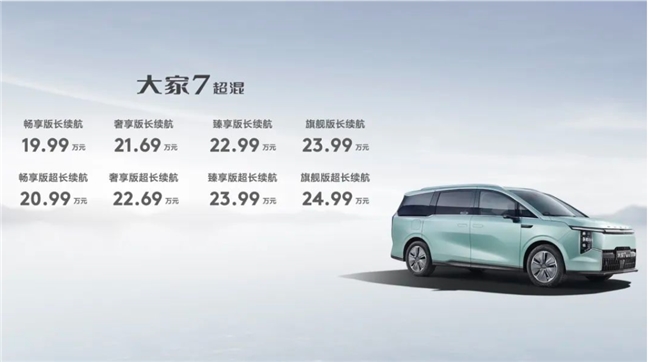Huawei releases HarmonyOS 4: More fun, smoother and safer.
[China, Dongguan, August 4, 2023] HarmonyOS 4 was officially released at today’s Huawei Developers Conference 2023(HDC.Together). Since its release in 2019, HarmonyOS has been user-centered. After more than four years of development, HarmonyOS has built a brand-new intelligent ecosystem, which has completely changed the interactive way of intelligent terminals.

Since its release, HarmonyOS has completed the layout of ecological construction step by step with more equipment, more applications and more meta-services. Nowadays, there are more than 700 million smart devices in HarmonyOS. HarmonyOS 3 has brought distributed technology to more devices and scenarios. Distributed communication allows networks among devices to be shared, and meta-service universal cards make it easier to obtain services. HarmonyOS 4 insists on stability, smoothness and safety, and advocates that users should fully display their personalities and let everyone play freely and together.
He Gang, chief operating officer of Huawei Terminal BG, said: "Because of the new experience upgrade brought by HarmonyOS 3, the system upgrade rate has increased from 77% of HarmonyOS 2 to 85%, which has rejuvenated many existing devices. HarmonyOS operating system continues to lead the innovative experience in four aspects: distribution, meta-service, security and fluency. Today, HarmonyOS will bring you a new experience with more wisdom and personality. "
Personalized themes are customized to create an exclusive HarmonyOS experience.
The digital world has changed people’s way of life, bringing convenience to everyone, but also providing people with more space to show their individuality. HarmonyOS 4 adds new visual and interactive experiences such as personalized theme, interesting mood theme, panoramic weather wallpaper and personalized dial, allowing users to fully display their personality and express their emotions.

Personality themes such as "artistic protagonist" and "fashion album" use composition, color, pattern and other elements to build a wallpaper full of artistic beauty, which makes the equipment look brand-new and meets the needs of users to show their individuality; "Poster Font" introduces 6 fonts of screen lock time, which makes the screen lock have more personalized settings; Panoramic weather wallpaper moves more realistic weather scenes into the wallpaper and locks the screen, and can also switch the display screen according to the user’s viewing angle, so that the user can feel the weather change between hands.
Through a large number of user surveys, HarmonyOS 4 brings richer, more playful and more three-dimensional expressions, and adapts local elements. Users can also choose appropriate expressions according to the current mood and make interesting and unique mood wallpapers.

HarmonyOS 4 also brings many interesting new features to the watch. The "blooming dial" that blooms gradually according to the number of steps encourages users to step by step, while game dials such as Astronaut and Shiba Inuya provide more choices for leisure time. Rotating the crown can control the actions of the characters in the game and turn the watch into a wrist game machine.
Huawei theme App also specially customized a free full-scene theme for HarmonyOS 4, and the dynamic lock screen of three-dimensional inflation wind echoed the main vision of HarmonyOS 4. This theme also contains a variety of creative and interesting components, which can be experienced in mobile phones, tablets, watches and other devices.
Efficient access to information, services at your fingertips.
HarmonyOS was born in the increasingly prosperous era of mobile ecology, which is in line with the current intelligent, convenient and efficient interactive needs. HarmonyOS 4 improves the efficiency of information processing through a brand-new notification center and live window, and comprehensively optimizes the super transfer station, super desktop and small art to help users live and work efficiently. The expansion of the meta-service universal card ecology makes the service more and more convenient to reach.

Modern people receive a lot of news every day, and news notices, commodity advertisements and message reminders are full of notice columns, so it is easy to ignore or miss valuable news. Based on this, HarmonyOS 4 visually optimizes the notification center, making the information structure clearer and the priorities clear at a glance. The newly added live window can present the real-time status of the application at any time, and bring a complete and continuous and efficient experience to users through two forms of capsules and cards. For example, for take-away applications, the status of "eating, picking up and delivering" can be displayed in real time, avoiding the notification screen, and allowing users to obtain information efficiently and intuitively.
On the smart watch side, the crescent moon window designed in combination with the watch shape can surround the check-in counter, take-out process, travel license plate number and other information at the upper right of the dial through a strong reminder, so that users can get important information by raising their hands.
Users can also slide right into the negative screen on the desktop of mobile phones and tablets to view more real-time service status, which is more convenient and efficient.
The universal card has always been the most efficient interactive way for HarmonyOS to obtain information and services. Users can see the instantly refreshed service information on the card, such as hot information and food list. With the participation of more and more eco-partners, HarmonyOS provides more and more universal cards to users, especially news and information, convenient life, travel and other categories, and the service is more and more convenient.
HarmonyOS not only has such an efficient information processing method as universal card, but also has the important ability of cross-end circulation.
The efficient flow of information has been further strengthened in HarmonyOS 4. The super transfer station supports more applications and scenarios, and adds practical functions such as file preview and clipboard historical content query to help users collect fragmented information better. Not only mobile phones, but also super transfer stations support tablets and PCs, making cross-device sharing very convenient.

Based on the powerful distributed capability of HamonyOS, the content flow of HarmonyOS intelligent cockpit has also had a better experience, supporting more devices and scenarios. Multi-screen sharing allows front and rear passengers in the car to watch movies simultaneously; Transfer the game on the mobile phone to the car, and you can play mobile games with the big screen in the car; When operating a drone, you can also use the cockpit screen as a large display screen with the help of the super desktop, and you can easily control the drone by sitting in the car through the cockpit screen.
Brand-new small art, "big" is different
HarmonyOS 4 has a more powerful intelligent assistant, Xiaoyi. Empowered by the AI ? ? big model, Xiaoyi continues to strengthen in three directions: intelligent interaction, productivity improvement and personalized service, and becomes a smarter, more capable and more caring intelligent assistant.

With a stronger natural language understanding ability, users can communicate with Xiaoyi in more daily expressions based on their own speaking habits and intuition. If they want to use the panoramic weather wallpaper added by HarmonyOS 4, they only need to ask Xiaoyi "How to change a wallpaper with weather effect" or "Can you set the mobile phone wallpaper with real-time weather", and Xiaoyi can understand it. Not only that, Xiaoyi can understand the content of the picture and process it, such as recognizing the address on the poster and navigating with one button.
Xiaoyi not only greatly improves her understanding ability, but also has the function of summarization and copywriting-assisted creation, which makes content creation more effective. Relying on the multi-modal large model technology, Xiaoyi can also realize the function of "fun pictures" and personalize and stylize the existing images for secondary creation. Xiaoyi is also a smart assistant who knows users better, and can help users record inspiration or important events and provide search and reminder functions. Xiaoyi suggestion has upgraded the scene combination card function, which can perceive more high-frequency scenes of users and actively generate different xiaoyi suggestion cards.
Smooth upgrade, double protection
HarmonyOS 4 adopts a brand-new Huawei Ark engine, which can significantly improve its capabilities in graphics, multimedia, memory, scheduling, storage and low power consumption. Compared with the previous generation system, the sliding fluency of HarmonyOS 4 is improved by 20%, and the battery life is increased by 30 minutes. The response speed of many common operations has also been greatly optimized. For example, the camera startup speed has increased by 57%, and users have a smoother experience in payment, navigation and other scenarios.
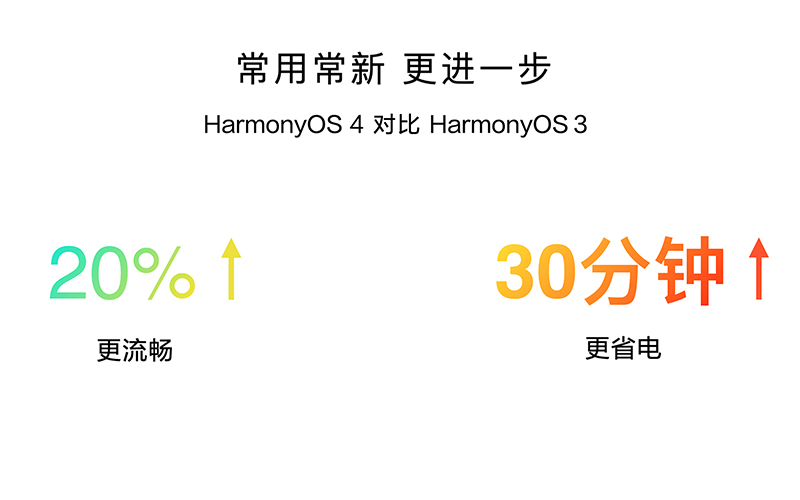
Huawei has always been committed to creating a pure and safe application environment for users and being the guardian of application security. HarmonyOS 4 makes the risk warning more visible, the risk application more controllable and the protection always online through a series of security functions such as brand-new application control center and application tracking management.

For children’s users, HarmonyOS 4 also brings security protection including pure and undisturbed, game anti-addiction, payment behavior control, application content grading, etc., to create a healthy computer environment for children. Parents can also help their children use electronic products more reasonably through the remote guardian function.

On August 4th, starting from the day of HDC.Together conference, Huawei will launch public Beta upgrade for 34 products including HUAWEI Mate 50 series, HUAWEI P60 series, HUAWEI Mate X3 and HUAWEI MatePad Pro 12.6 inches, and at the same time launch pollen beta recruitment for 35 products including HUAWEI P40 series, HUAWEI Mate 30 series, HUAWEI nova 9 and HUAWEI nova 10. In addition, in the second half of 2023, Huawei will launch HarmonyOS 4 adaptation updates for Huawei’s smart meters, smart screens, routing and other products. There will be more equipment upgrades in 2024. Consumers are welcome to participate in the upgrade and experience the new HarmonyOS 4.






































